Log in or create new account to save this product to your wishlist.
From Garden to Plate: The Endless Benefits of Growing Your Own Vegetables, Herbs and Spices
Growing you own fruit, veg, herbs, and spices is fun! Find out how to get started with our comprehensive guide.
Latest blogposts
7 MIN 22 Jul How to keep your lawn in shape this summer 9 MIN 15 Jul Watering Your Garden: 10 Top Tips! 11 MIN 15 Jul Is Your Grass Type Right for your Garden? 4 MIN 03 Sep Gardening in September — jobs to do 7 MIN 23 Aug How to Encourage Bees in Your Garden 5 MIN 14 Aug Pruning Lavender: when, why and how?There’s nothing quite like the satisfaction of growing your own vegetables, herbs, and spices.
Homegrown plants taste better than anything you can buy at the grocery store. And they offer a wide range of benefits for your health, your wallet, and the environment.
In this article, I’ll explore why you should consider starting your own vegetable garden and offer some practical tips for getting started.
Benefits of Growing Your Own Produce

First and foremost, growing your own vegetables, herbs, and spices is a great way to eat healthier. Growing your own food gives you total control over what goes into it, from the soil and water to the fertilizers and pesticides.
You can grow your produce organically, without potentially harmful chemicals, and you can harvest it at the peak of freshness when it’s packed with the most nutrients.
In addition to being healthier, homegrown produce is also tastier. Homegrown tomatoes are way more delicious than anything wrapped in plastic from your supermarket.
When you buy vegetables and herbs from the grocery store, they’re often picked before they’re fully ripe to ensure they don’t spoil during transport. This means that they never fully develop their flavour or nutritional content. But when you grow your own produce, you can let it ripen on the vine or plant, giving it a fuller, richer taste.
Growing Your Own can save you money
Another benefit of growing your own produce is that it could save you money. While there is undoubtedly an initial investment involved in setting up a vegetable garden, there are minimal ongoing costs.
And once you have your garden up and running, you can harvest fresh produce all season long without paying high prices at the grocery store. Plus, you can preserve any excess crop by freezing, fermenting, preserving, or drying it, ensuring that you have healthy, homegrown food all year round.
Getting Started with Vegetable Gardening
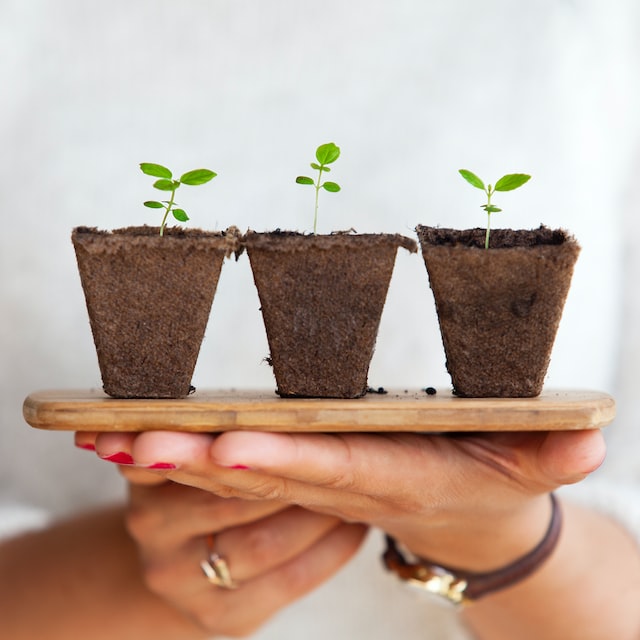
The first step to starting your veg patch is to choose a location for your garden. Ideally, you want a sunny spot with good, well-drained good soil.
However, if you don’t have a lot of space, you can grow vegetables in containers on a patio or balcony.
Once you’ve chosen your location, it’s time to prepare the bed. Start by removing weeds, rocks, or debris from the area. Then, loosen the soil with a fork or tiller, and mix in some compost or aged manure to improve the soil quality.
Consider adding organic fertilizer or other soil improvers to boost your plants.
Choosing the Best Vegetables to Grow in Your Garden
Think about what you and your family like to eat. There’s no point in growing vegetables you won’t enjoy.
Consider the climate and growing conditions because some vegetables, like tomatoes and peppers, need warm, sunny weather to thrive, while others, like lettuce and spinach, prefer cooler temperatures.
Some of the easiest veg to grow in a garden include tomatoes, courgettes, peppers, cucumbers, beans, and squash. These plants are relatively low-maintenance and produce a bountiful harvest.
Go for climbing plants, like tomatoes, cucumbers, and beans, if you have limited space. In this case, avoid pumpkins and squash because they take up lots of space.
Herbs like basil, mint, thyme, and rosemary are also excellent choices, as they’re easy to grow and add flavour to a wide variety of dishes.
Planting and Caring for Your Vegetables
Once you’ve chosen your vegetables and prepared your garden bed, it’s time to get planting!
Start by planting seeds or seedlings according to the seed packet or plant label instructions. Be sure to give each plant plenty of space to grow, and water them regularly to keep the soil moist. Consider using a mulch, such as straw or leaves, to help retain moisture and prevent weeds.
As your plants grow, care for them by fertilizing, pruning, and controlling pests and diseases. Organic fertilizers, such as homemade compost, fish emulsion, or compost tea, are an excellent choice for feeding plants without using harmful chemicals.
Regular pruning helps promote healthy growth and prevent overcrowding. And apply natural pest control methods, such as companion planting and using beneficial insects. This can help to keep pests at bay.
Harvesting and Storing Your Produce
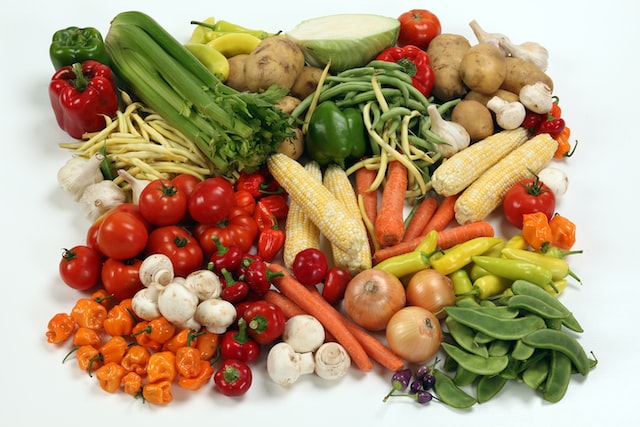
The best part of growing your own vegetables is, of course, the harvest! When your vegetables are ready to pick, harvest them promptly to ensure they stay fresh and flavorful.
You can store most vegetables in the refrigerator for several days or preserve them for longer-term storage by preserving, fermenting, freezing, or drying them.
On the other hand, harvest your herbs regularly throughout the growing season to promote healthy growth and prevent bolting. You can use fresh herbs right away in your cooking or dry them for later use.
To dry herbs, simply tie them in small bundles and hang them in a cool, dry place for a few weeks.
Using Herbs and Spices from Your Garden in Cooking
One of the best things about growing your own herbs and spices is that you can use them to add flavour and nutrition to a wide variety of dishes.
Add fresh herbs like basil, parsley, and cilantro to salads, soups, and sauces, while you can use dried herbs like thyme, oregano, and rosemary to season meats, vegetables, and grains.
Spices like garlic, ginger, and turmeric are also great additions to any kitchen garden and are surprisingly easy to grow. Not only do they add flavour and aroma to your dishes, but they also offer many health benefits, from reducing inflamamation to boosting your immune system.
Health Benefits of Growing Your Own Produce
In addition to being delicious, homegrown vegetables, herbs, and spices offer a range of health benefits. For one, they’re packed with nutrients, including vitamins, minerals, and antioxidants, which can boost your immune system, protect against chronic disease, and promote healthy ageing.
Growing your own produce can also be excellent for getting more physical activity into your daily routine. Gardening is a low-impact form of exercise that can help improve your strength, flexibility, and balance.
Plus, spending time outdoors impacts mental health and well-being positively.
Sustainability and Environmental Benefits of Vegetable Gardening
Finally, there are several sustainability and environmental benefits to growing vegetables, herbs, and spices.
For one, most home gardeners use organic, sustainable practices, which can help to reduce your carbon footprint and support local ecosystems.
In addition, vegetable gardening can help to reduce food waste, as you harvest only what you need and preserve any excess for later use.
Additionally, growing your own food can help to reduce your reliance on grocery store produce, which is often shipped long distances and requires a lot of energy to transport and store.
Conclusion: Start Your Own Vegetable Garden Today!
As you can see, there are endless benefits to growing your own vegetables, herbs, and spices.
Whether you’re looking to eat healthier, save money, or reduce your environmental impact, a home garden is a great place to start.
So why not give it a try? With some planning and effort, you’ll enjoy the satisfaction of growing your own food and reaping the rewards all season long.
Leave a comment
Your answer will be displayed on the site and the interested party will be notified by email.
Leave a comment
Have a question or want to share your experience? Leave us a comment.
Read more
The best tips and tricks for a lush green lawn
 4 MIN
03 Sep
Gardening in September — jobs to do
4 MIN
03 Sep
Gardening in September — jobs to do
 7 MIN
23 Aug
How to Encourage Bees in Your Garden
7 MIN
23 Aug
How to Encourage Bees in Your Garden
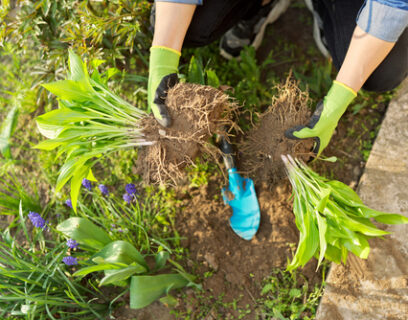 5 MIN
09 Aug
4 Tips for more Ergonomic Gardening!
5 MIN
09 Aug
4 Tips for more Ergonomic Gardening!
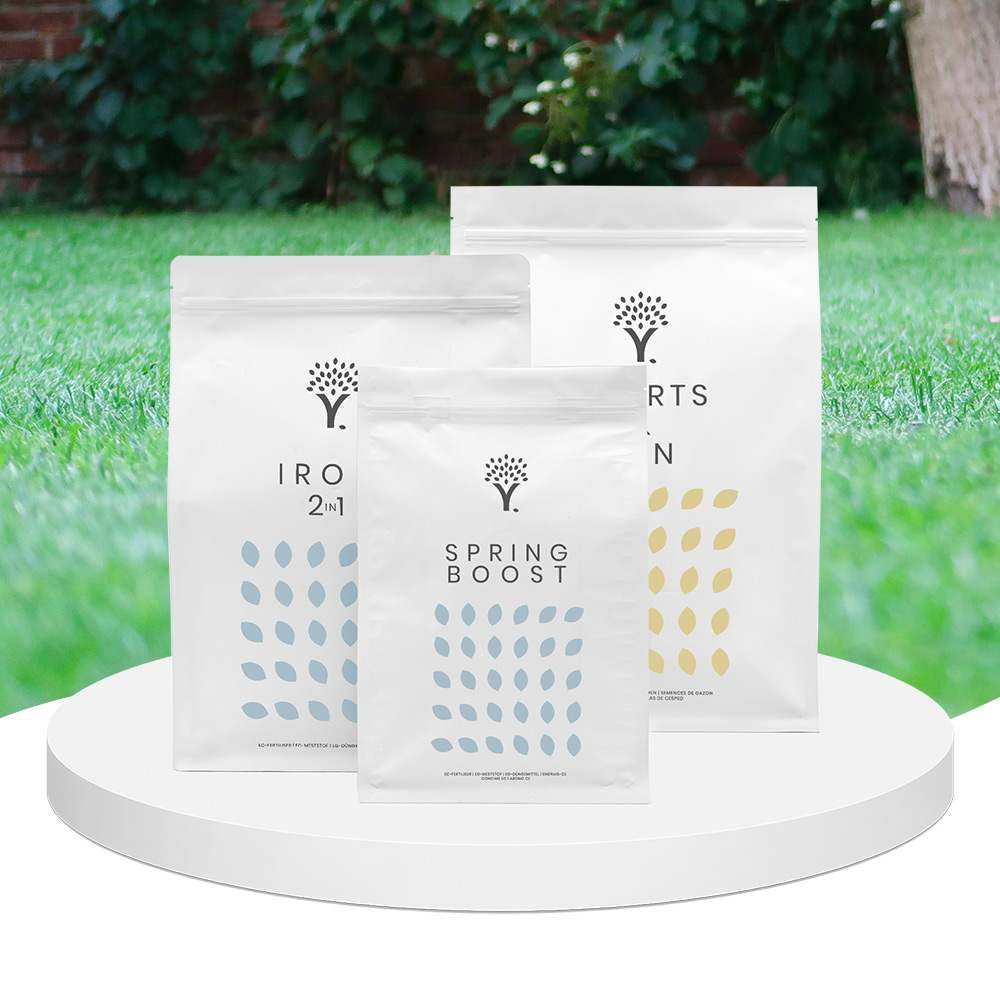 Scarifying Kit
All products after scarifying | Quickly restores the lawn after scarifying | Outsmart weeds quickly with the use of this kit
From: € 39.99
Scarifying Kit
All products after scarifying | Quickly restores the lawn after scarifying | Outsmart weeds quickly with the use of this kit
From: € 39.99
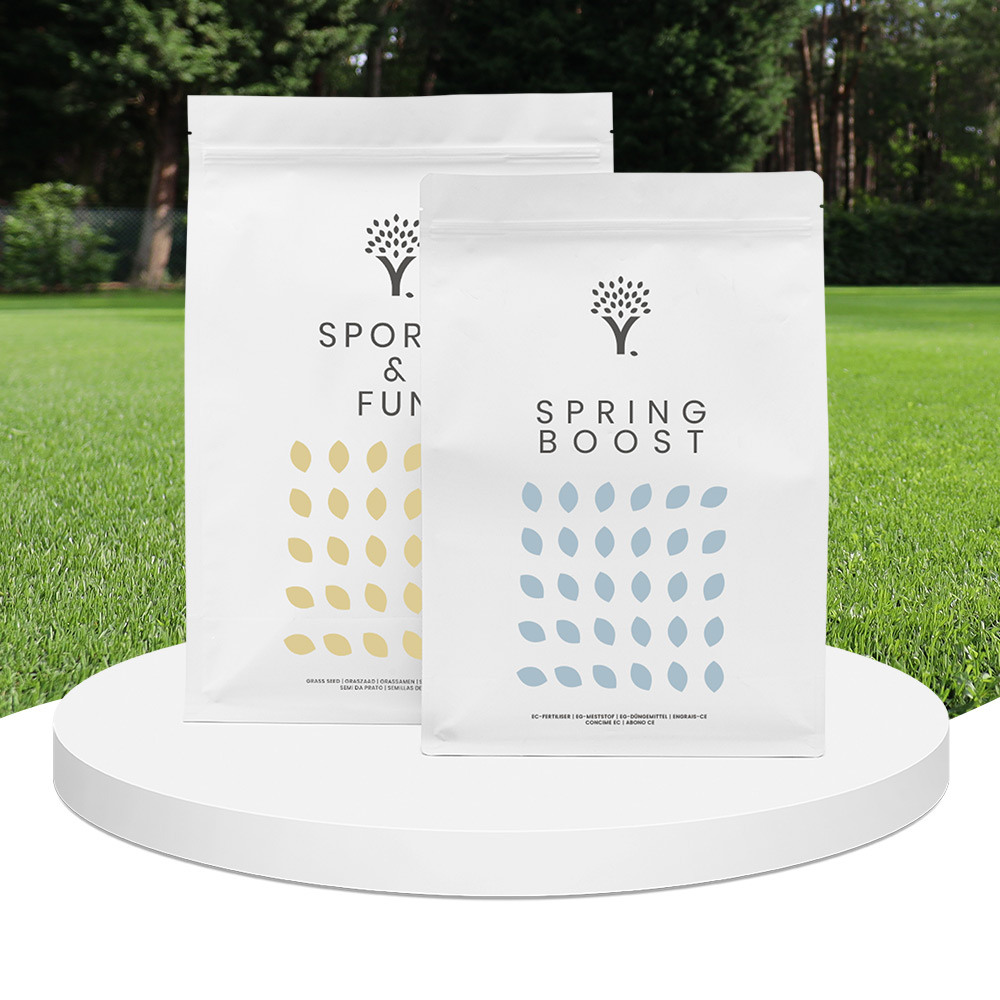 Spring Lawn Care Kit
MOOWY’s choice for the spring | Quick recovery of your lawn after winter | A strong lawn prevents weeds
From: € 25.99
Spring Lawn Care Kit
MOOWY’s choice for the spring | Quick recovery of your lawn after winter | A strong lawn prevents weeds
From: € 25.99
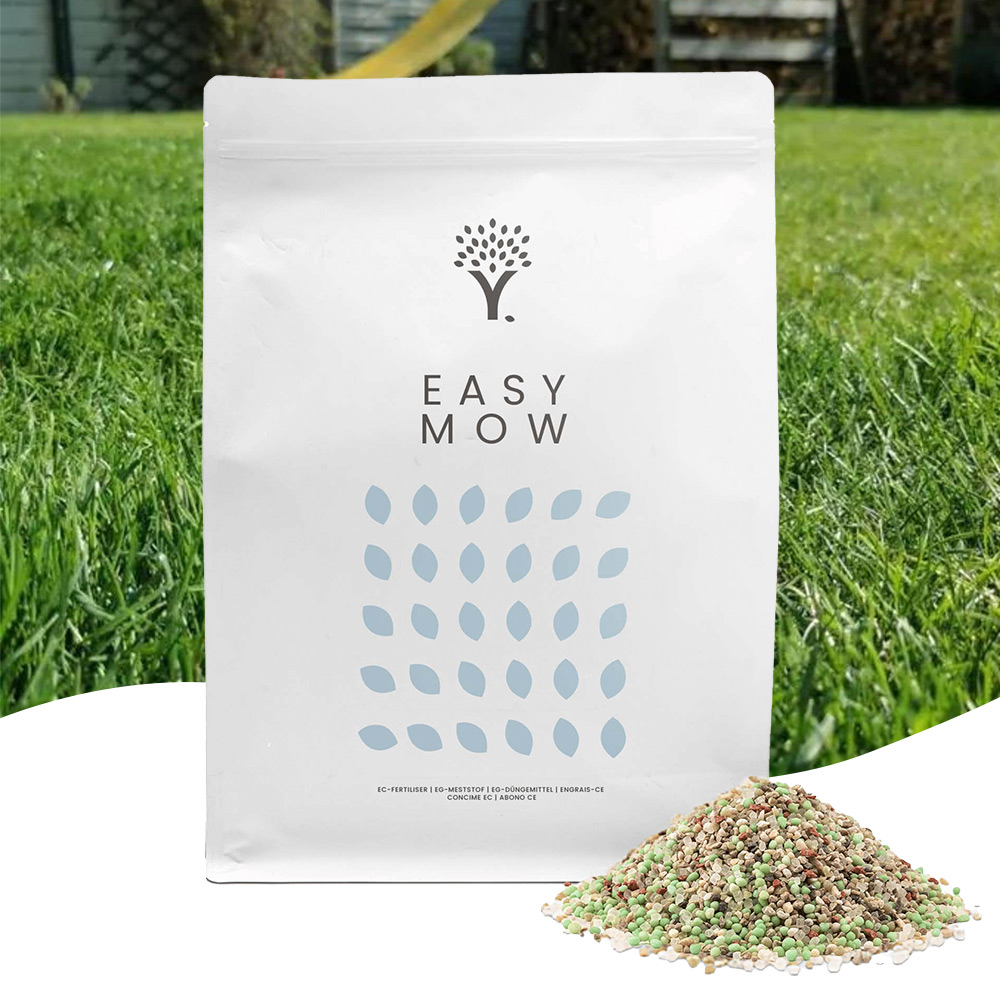 Long Lasting Lawn Fertiliser
Effective for 90 days | See results in 14 days! | Suitable for all types of grass and soil
From: € 13.99
Long Lasting Lawn Fertiliser
Effective for 90 days | See results in 14 days! | Suitable for all types of grass and soil
From: € 13.99
Do you want a lawn calendar?
🌱 All important maintenance moments for your lawn during the year. Leave your email and we will send you the lawn calendar for free.
Enter your email
Receive the lawn calendar in the mail
Enjoy a green lawn all year round!





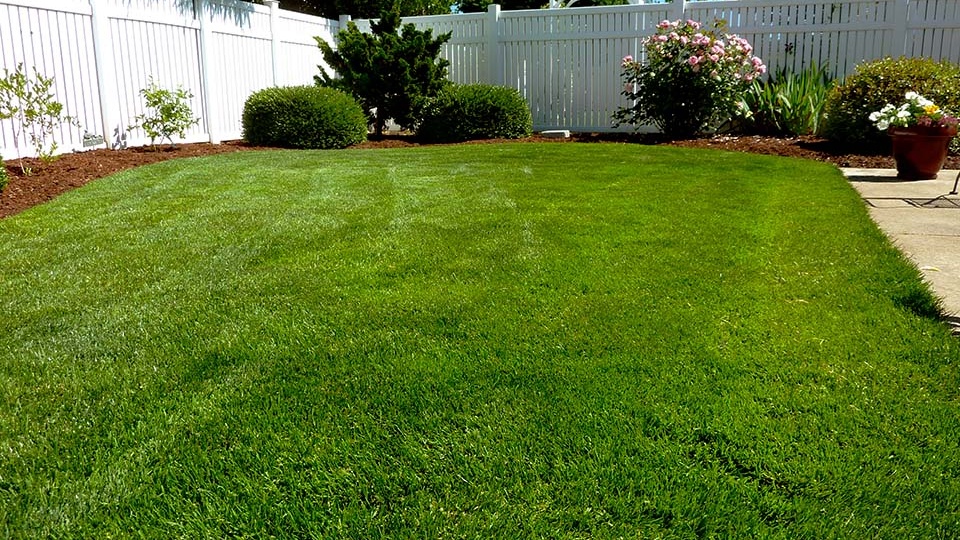
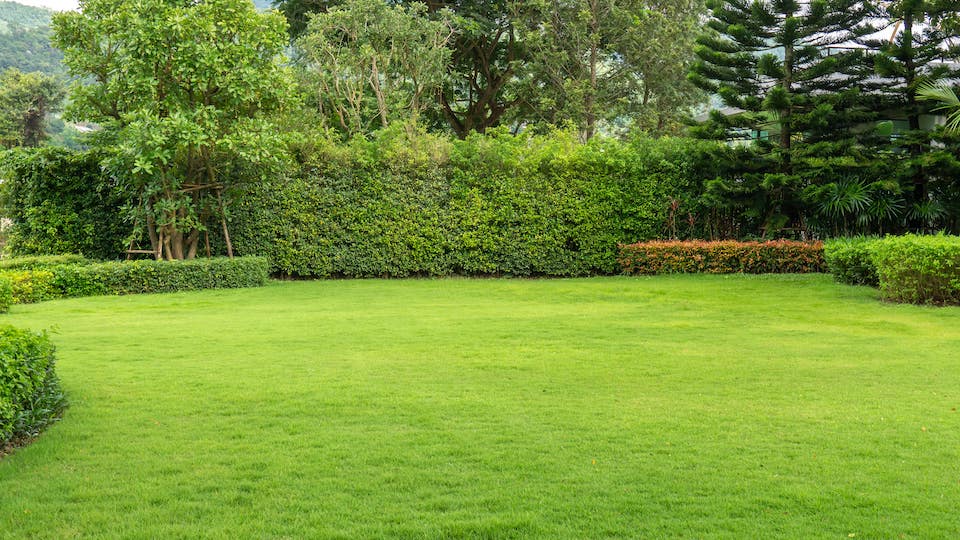
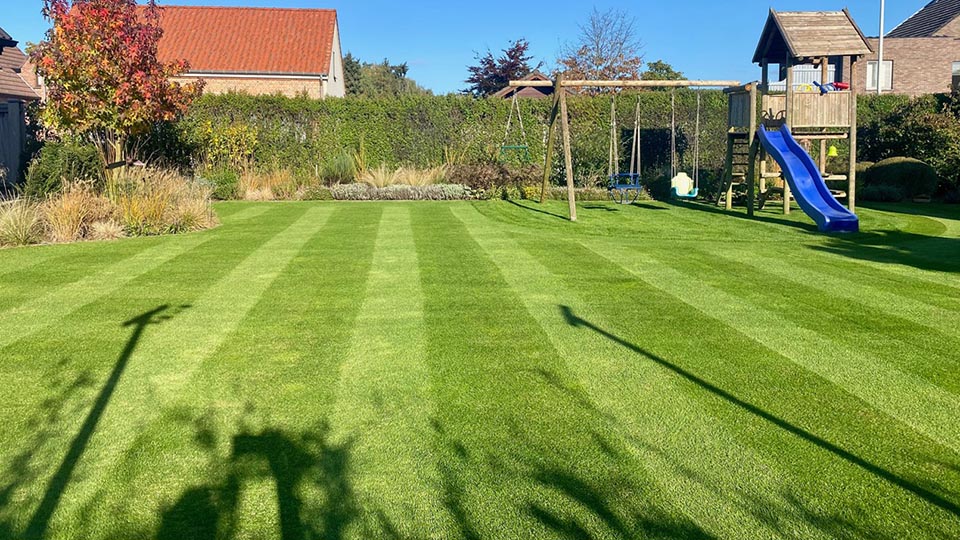
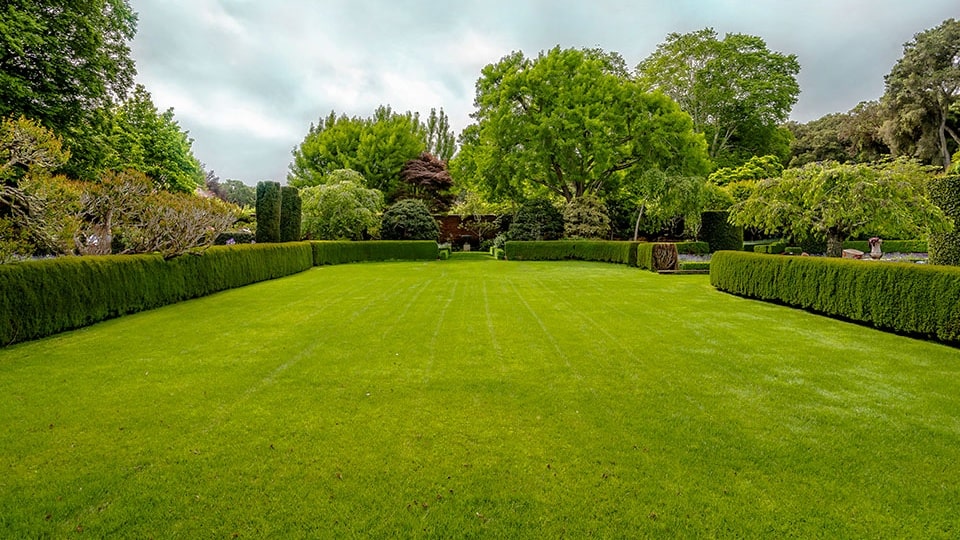
Comments (0)
There are no comments yet. Well then, what are you waiting for to
Be the first to write your comment!inaugurate this pretty page?
Do you have some comments?